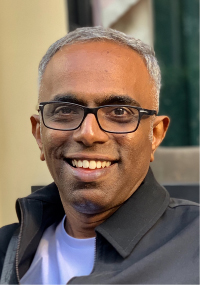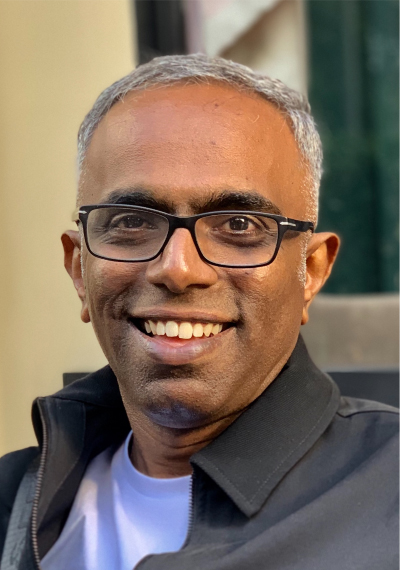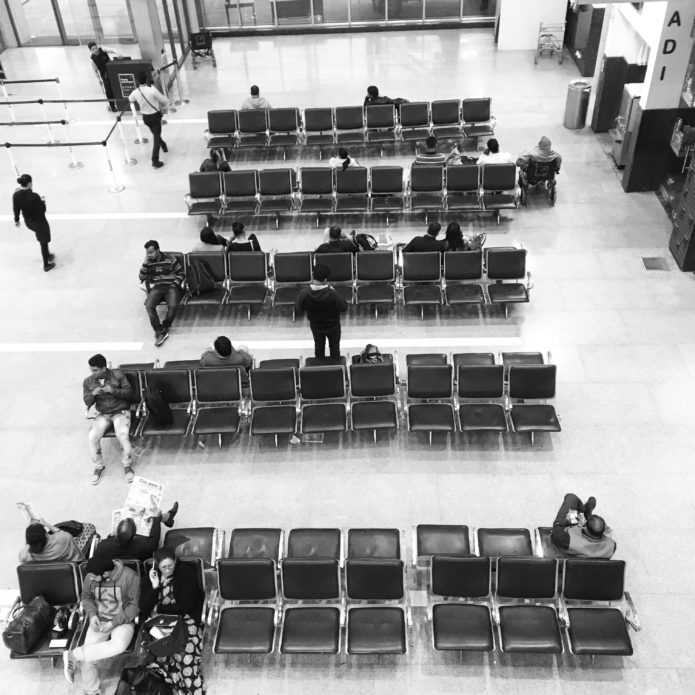We had an interesting conversation the other day about how it will be when “all this” is over. “All this” was a long list to it. Quarantine and Covid came first. But the bunch quickly moved into other potent and damning things like lives, livelihoods and work. So, ” what do you see at the end of it all ?”emerged as some kind of a hazy north star towards which the conversation meandered.
Like a boat that bobbed up and down guided by the waves, the more articulate threw the conversation around. The better informed provided data. Disagreement was the standard suite of the argumentative ones as was silence with the quiet ones.
Yet, it was a poem which sent the data to the deepest recesses of a lump in the throat that arrived without announcement. Stay silent and still, it seemed to urge.
Derek Walcott‘s “Love After Love” was brought alive by a silent someone in the group even as the conversation about jobs and careers was going full steam. Going downhill to never land that is!
He unmuted himself and the room fell silent as it was not his wont to unmute. A perky restrained smile made a quiet appearance in the corner of his lips. . “I lost my job last week”, he began. “The world looks different now, so much so, I wish it had happened to me earlier” he said.
And then, went on to read the poem.
The time will come when, with elation you will greet yourself arriving at your own door, in your own mirror and each will smile at the other's welcome, and say, sit here. Eat. You will love again the stranger who was your self. Give wine. Give bread. Give back your heart to itself, to the stranger who has loved you all your life, whom you ignored for another, who knows you by heart. Take down the love letters from the bookshelf, the photographs, the desperate notes, peel your own image from the mirror. Sit. Feast on your life.
“At the end of it all”, he said, “everything is new. And everything is a possibility. Because everything you knew as ‘The’ way, is now ‘A’ way. One of those ways.”
“So, at the end of it all, you can begin again. I have. For that reason, there must be more ends.” And that was that. That conversation. That settled the information abundance and the thought poverty. It dwarfed arguments and provided closure to hopes and fears. At least for that night.
There was nothing much left to speak. It was at the end of it all.


